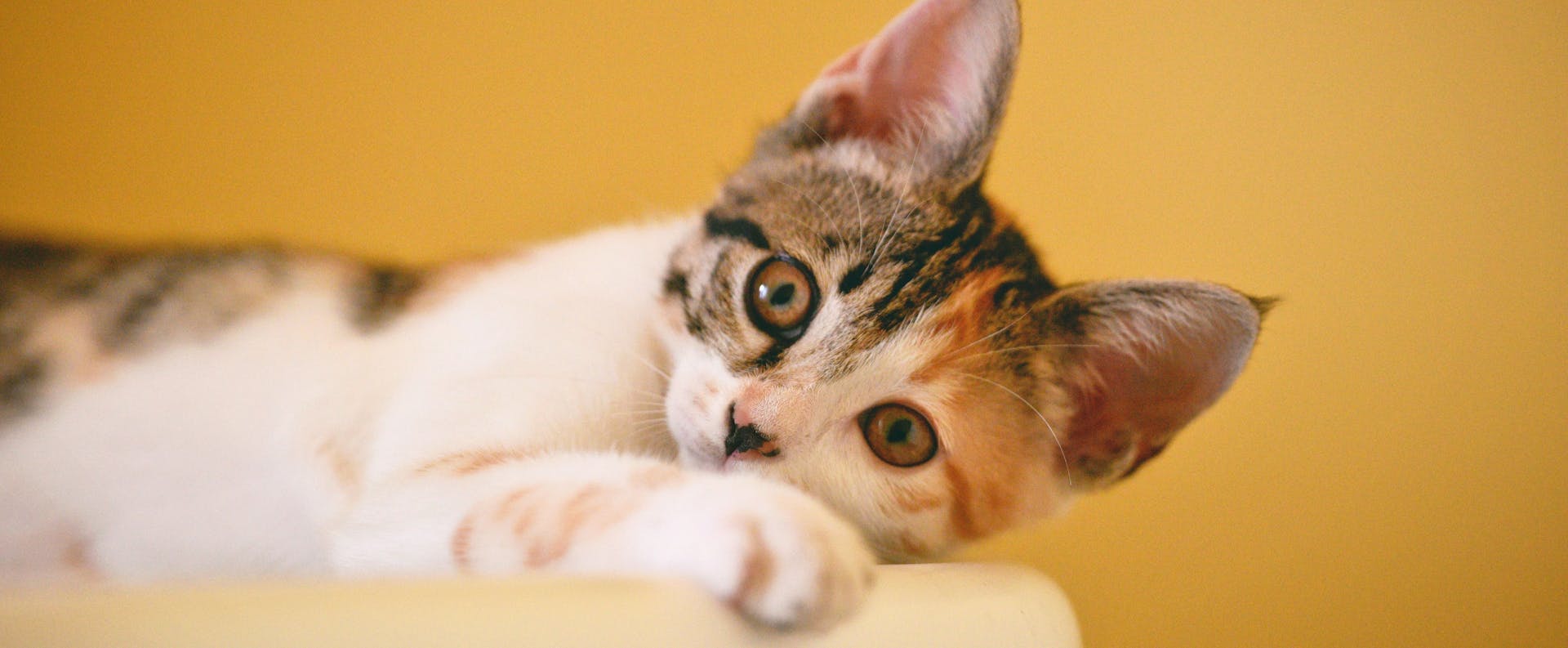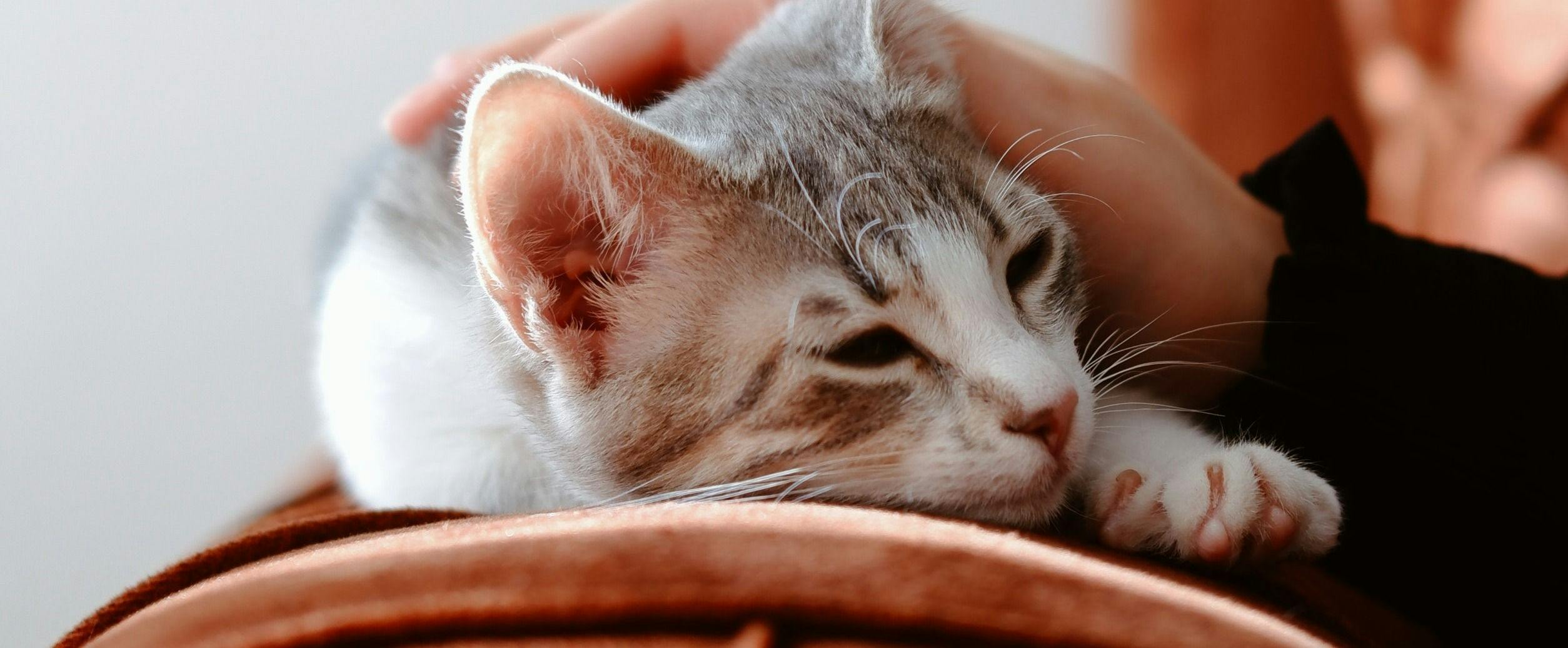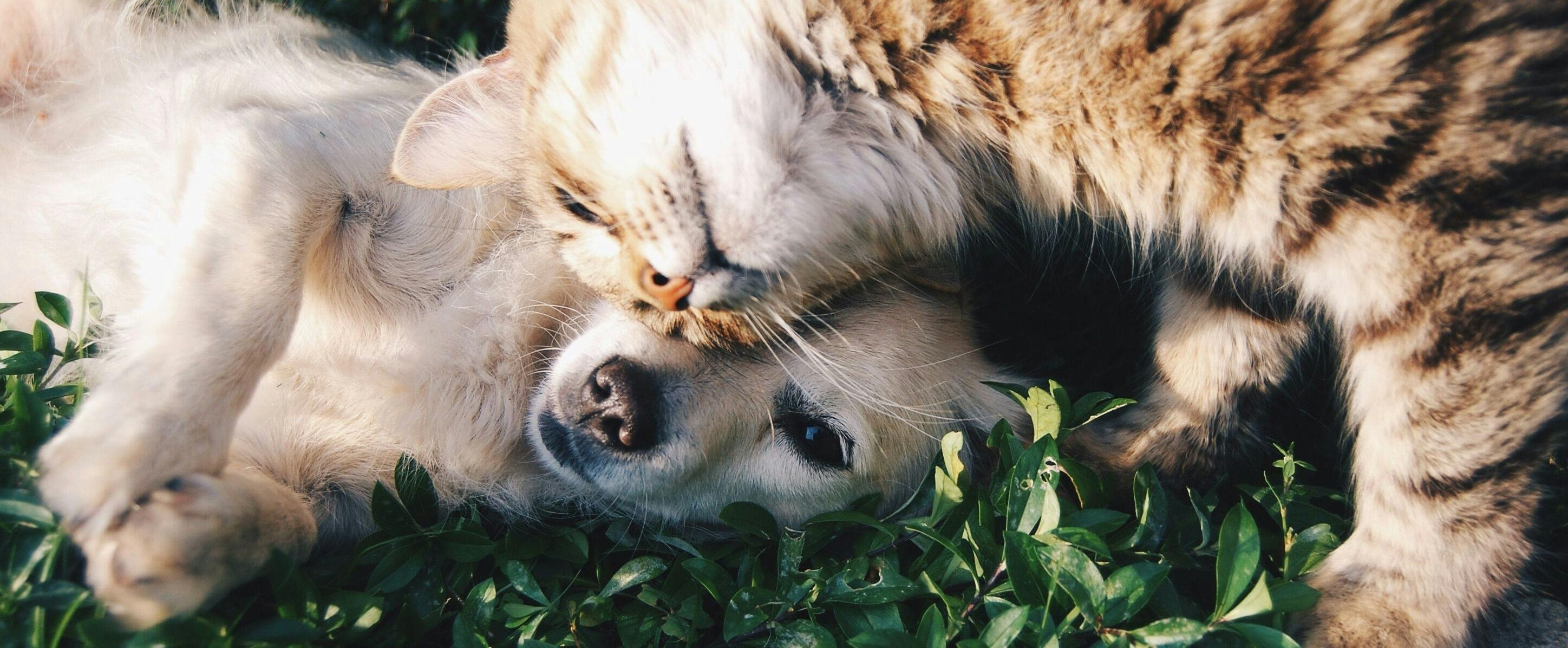
Cats Get Bad PR: Don’t Let Misconceptions Keep You From Your New Pet!
We know the drill – you may want a new pet, but you’re worried that you’re not ready for the commitment of a rescue cat. You worry that they’ll have bad manners, maybe they’ll bite and scratch or they’ll be difficult to train. Right? Wrong! Cats make excellent pets, and what’s more, there’s no reason to assume a rescue cat will be problematic just because their first home didn’t work out.
Here are some common misconceptions about cats, and the reasons why we categorically disagree!
Myth: Cats are not as affectionate as dogs
Truth: Cats show affection in different ways
The fact of the matter is this: cats can be just as warm and affectionate as dogs, but they tend to be more subtle with how they share that affection. Owing to their history as pack animals, dogs are genetically programmed to view you as their pack leader. Cats, on the other hand, are descended from solitary ancestors and rather than their ‘leader,’ they’ll view you as another solitary animal that’s simply sharing their space. This isn’t to say they’ll be less affectionate – they just take a little longer to warm up.
Does My Cat Love Me?
While some pet parents boast dog-like cats who pursue playtime and petting from their owners with enthusiasm, many cats have different love languages to what we recognise. Blinking at you, bringing you ‘presents’ from outside and rubbing up against you are all indications that your cat loves you. So, if you’re hesitant to adopt a rescue cat because you think it won’t love you, think again!
Myth: Cats don’t need my time and affection
Truth: Cats require daily love and care
Pets give our day-to-day lives purpose, and some prospective cat parents shy away from adopting a cat because they fear it won’t be a rewarding companion because it won’t need them or require regular care – but this is simply untrue.
How To Care For A Cat
Cats require feeding and playtime daily. They also need regular grooming to help prevent hairballs and other hygiene-related issues. On a longer term basis, they require periodic vet check-ups and vaccinations, and their litter box needs to be cleaned regularly.
On a more personal note, they need contact time with their owner. There’s a common misconception that cats can be left home alone almost indefinitely so long as their food needs are met, but cats pine for us when we’re away and shouldn’t be left for more than a few hours at a time as they do miss you, and it does cause them distress.

Myth: Only kittens can be trained
Truth: Cats can learn tricks at any age
Ever heard old dogs can’t learn new tricks? Well, they can and guess what, it’s true of cats too! Now some might pooh-pooh the idea that you can teach cats tricks – but you absolutely can, and you should! Some tricks because they’re downright useful (like coming when they’re called, always a winner) while others are fun and great for breaking out around company (like giving high fives and sitting pretty).
Same as with training dogs, it takes time and treats – but with patience and repetition you’ll get there!
Myth: rescue cats will have behavioural problems
Truth: cats are surrendered for any number of reasons
This is a concern that people have about rescue cats, but also rescue pets in general – there’s a misconception that rescue pets are damaged goods, that they were surrendered because they were difficult pets, and they will require more work and care than a pet bought with a breeder.
The truth is much more nuanced than this. While in some instances there will be behavioural issues that meant that the pet wasn’t the right fit for the family that adopted it, this is just one possibility. Cats are surrendered for any number of reasons – someone in the household realises they’re allergic, people move away and cannot bring their pet with them, people can come under unexpected circumstances and can no longer care for their animals, elderly owners pass away – the unfortunate list goes on.
In truth, a benefit of adopting a rescue cat is the cat has already had a behavioural assessment. Responsible shelters will be able to assess the personality of a cat, and let you know if it’s a good fit for your household. This is a luxury you don’t have with breeders where the temperaments of the parents and the breed are all you have to go on – and this doesn’t guarantee any temperament traits.
Myth: rescue cats won’t get along with other pets
Truth: plenty of cats get along with other pets – even dogs!
This one comes down to the cat in question – but there’s no reason to believe that every rescue cat will clash with pre-existing family pets. After all, some rescue cats have come from homes which previously had other pets as well and, like humans, each cat has their own personality which affects how social they are.
It’s a good idea to check with the shelter and choose a cat whose personality will suit being in a home with multiple pets. This won’t be every cat, but it also won’t be no cats!

Myth: Cats are aloof, independent and…a little bit evil
Truth: cats are loving, social animals that just take time to warm up
As previously discussed, cats have different love languages and ways of expressing themselves which aren’t as easy to translate as dogs. A full body wag when you come into the door is pretty clear, a soft purr on the other hand? Not so much. But cats get PR as calculated animals – the truth is they express their emotions more subtly and take longer to come around to human companionship. Rest assured though, they’ll be very fond of you and the bond you share with your cat is all the more special because you’ve earned it!
Remember, at PETstock we’re encouraging you to adopt different. If you’re looking to adopt a new family member, consider stepping out of your comfort zone and adopting a pet (or pets) you might have overlooked at first.
FAQs For Adopting A Rescue Cat
Are cats more prone to health issues than dogs?
Like any animal, cats can experience health issues. However, with regular vet check-ups and proper care, many common health issues can be prevented or treated.
Can cats get along with other pets?
Yes, cats can get along with other pets such as dogs, as long as proper introductions are made and they are supervised during initial interactions. If your cat is lukewarm towards dogs, training can help reduce this.